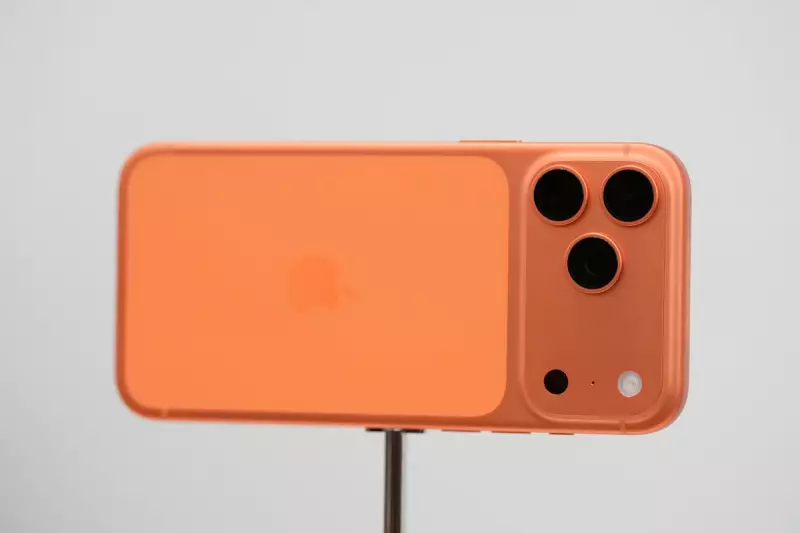
In a startling revelation that has sent shockwaves through Washington and Silicon Valley, former Google CEO Eric Schmidt has disclosed that Donald Trump's iPhone was successfully compromised by hackers during his presidency. The security breach, described as a "serious and successful attack," was detected by Google's security teams, raising alarming questions about the vulnerability of world leaders' communications.
A Presidential Device Under Fire
The sophisticated attack targeted the then-President's personal smartphone, which he famously preferred over more secure government-issued devices. Google's advanced threat detection systems identified the breach, prompting immediate security alerts to relevant authorities.
Schmidt, who led Google from 2001 to 2011, revealed these details during an exclusive interview, emphasising the seriousness of the penetration. "This wasn't just an attempted attack," Schmidt stated, "but a successful compromise of the device belonging to the most powerful leader in the free world."
The Android Alternative
In response to these security concerns, Schmidt reportedly advised the former president to consider switching to an Android device, specifically Google's Pixel phone. The recommendation stemmed from Google's superior ability to monitor and protect its own devices against sophisticated threats.
"The security advantages of using a device where the manufacturer can directly implement protections are significant," Schmidt explained, highlighting the particular vulnerabilities of Apple's ecosystem when it comes to high-profile targets.
National Security Implications
The successful breach of a sitting president's communications device represents one of the most significant national security failures in recent memory. Intelligence experts suggest that foreign state actors were likely behind the attack, seeking access to sensitive conversations and decision-making processes.
Security analysts have long warned about the risks of using commercial smartphones for sensitive government communications, particularly for individuals who are prime targets for sophisticated cyber espionage operations.
The Aftermath and Ongoing Concerns
While the exact timing and duration of the breach remain classified, the incident has prompted serious reevaluations of security protocols for high-ranking government officials. The revelation comes at a time when cyber security remains at the forefront of national defense strategies.
This disclosure raises troubling questions about what sensitive information might have been compromised and how such breaches could influence international relations and national security decisions.





